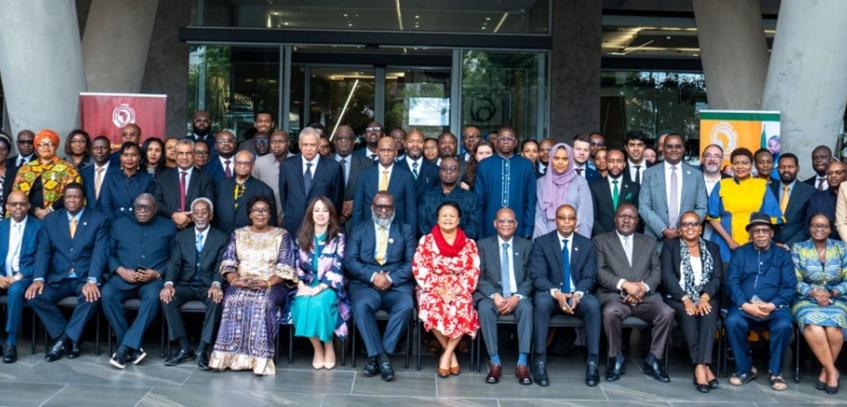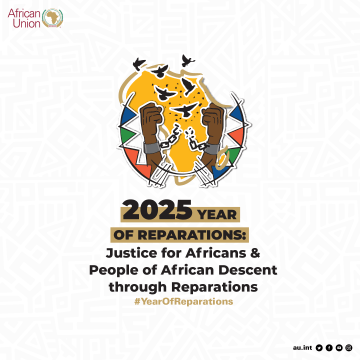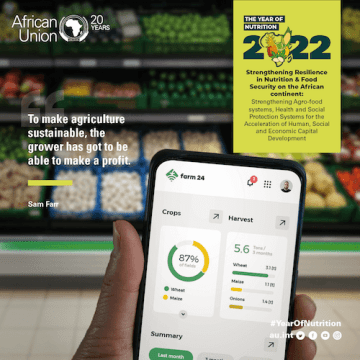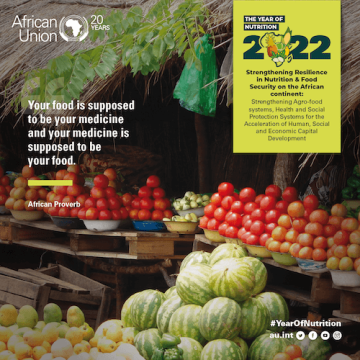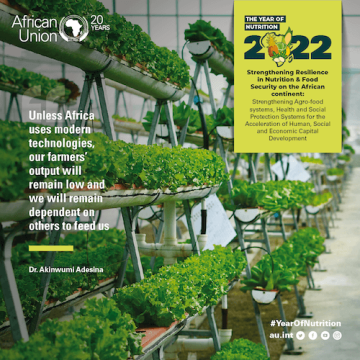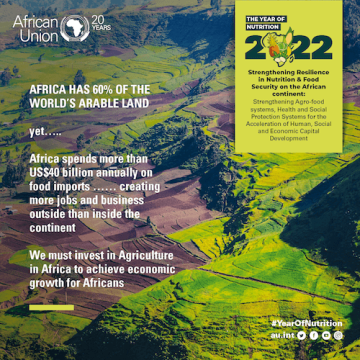Midrand, South Africa – 7 to 8 April 2025 – The African Peer Review Mechanism (APRM) Continental Secretariat, in collaboration with the African Union (AU) Peace and Security Council (PSC), hosted the 4th Annual Joint Retreat under the theme “Enhancing the Role of the APRM in Early Warning, Conflict Prevention, and Strengthening Good Governance in Accordance with AU Normative Instruments.” This high-level, two-day event brought together African Union officials, governance experts, diplomats, and development partners to engage in meaningful dialogue on the role of governance in advancing peace, security, and sustainable development across the continent.
The retreat commenced with a solemn tribute commemorating the 31st anniversary of the 1994 Genocide against the Tutsi in Rwanda. This act of remembrance served as a powerful reminder of the catastrophic consequences of governance failures and the continued urgency of strengthening early warning and conflict prevention mechanisms in Africa.
The opening session featured remarks by Ambassador Marie-Antoinette Rose-Quatre, CEO of the APRM Continental Secretariat; H.E. André Nzapayeke, Dean of the African Diplomatic Corps in South Africa; Ms. Patience Chiradza, representing H.E. Ambassador Bankole Adeoye, AU Commissioner for Political Affairs, Peace and Security; and Hon. Inkosi Mzamo Buthelezi, South Africa’s Minister of Public Service and Administration and APRM Focal Point. In her keynote address, H.E. Selma Bakhta Mansouri, Secretary of State to the Minister of Foreign Affairs of Algeria and Chairperson of the APRM Focal Points Committee, emphasized the APRM’s strategic importance in driving Africa’s peace and governance agenda. Co-chairing the retreat, Ambassador Ali Ahmed Araita, Vice-Chairperson of the APRM Panel of Eminent Persons, and Ambassador Rebecca Amuge Otengo, Permanent Representative of Uganda to the AU, both stressed the need to bolster the APRM’s role in enhancing early warning systems and democratic governance.
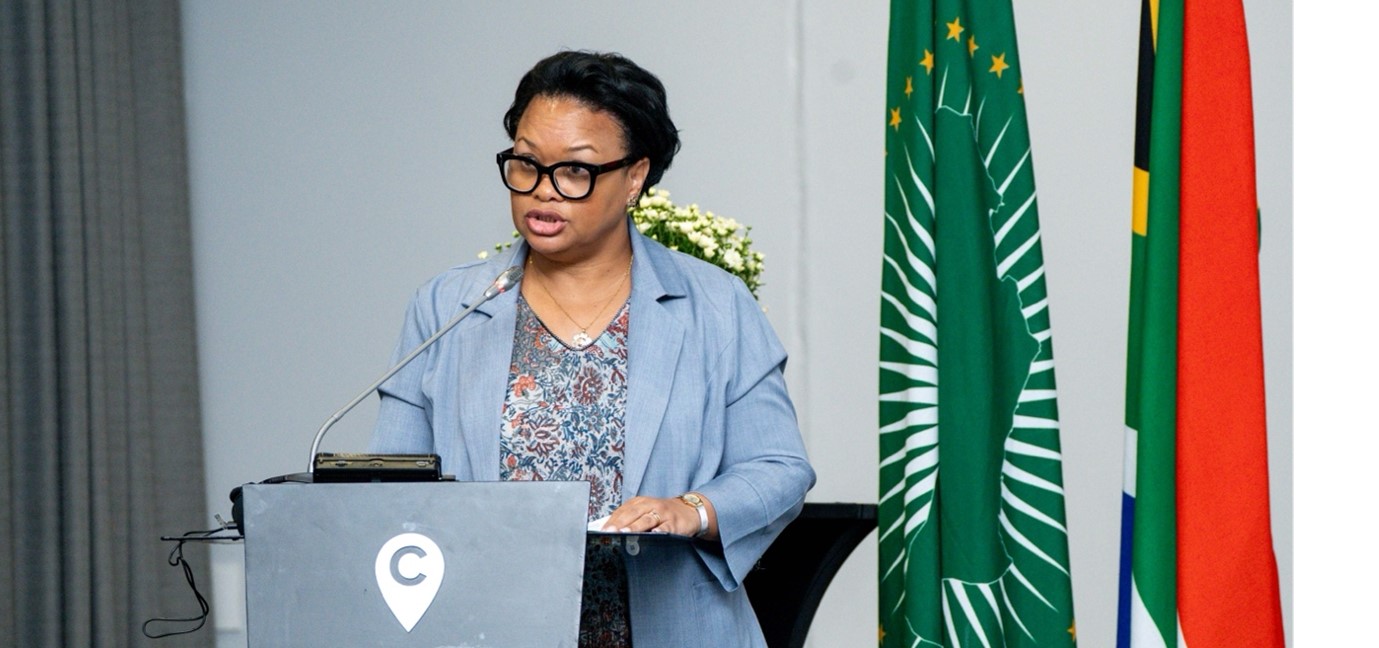
Throughout the retreat, several thematic panel sessions explored the role of good governance as a cornerstone for sustainable peace and conflict prevention. Discussions critically examined ongoing challenges such as youth unemployment, illicit financial flows, gender inequality, political exclusion, and corruption. Participants called for more robust civic participation, stronger institutions, and greater transparency and accountability. Technological innovation and improved mechanisms at the AU level were also highlighted as essential tools for overcoming governance hurdles and promoting inclusive development.
Economic transformation emerged as a key theme, with panellists underscoring the importance of industrialisation, sustainable resource management, and job creation—particularly for youth—as vital components of peacebuilding. There was a strong call to shift from subsistence agriculture toward value-added production and beneficiation of Africa’s natural resources.
One of the retreat’s major milestones were discussions on the Africa Governance Report 2025, which focused on natural resource governance as a driver of peace and stability. The report called for strengthening legal frameworks and improving public-private partnerships to enhance resource management. It also warned against the unchecked effects of foreign investments and illicit financial flows, particularly in the mining and blue economy sectors, advocating for a balance between national sovereignty and international engagement. Furthermore, it emphasised inclusive governance practices that empower women, youth, and marginalized communities in resource-related decision-making, alongside the need to combat corruption and reform tax regimes to ensure fair and equitable distribution of resource wealth.
A closed session featured strategic briefings by key institutional partners, including the African Centre for the Constructive Resolution of Disputes (ACCORD), COMESA, the Konrad Adenauer Stiftung (KAS), AUDA-NEPAD, and the United Nations Development Programme (UNDP). These organisations shared insights on their contributions to conflict prevention and governance reform, while underscoring the importance of coordinated action across regional and continental bodies. Greater synergy between the APRM, the African Commission on Human and Peoples’ Rights, ECOSOCC, and other stakeholders was deemed critical for addressing governance-related risks and improving vulnerability assessments across Africa.
In addition, the APRM presented its Synthesis Report on Early Warning for Conflict Prevention, which highlighted its efforts in establishing early warning systems, promoting social inclusion, and supporting specialised centres for conflict analysis. However, it also acknowledged challenges such as limited resources and the slow pace of implementing recommendations. A progress update on the conclusions from the third Annual Joint Retreat outlined several achievements, including advancements in youth and gender inclusion, diversity management, and the ongoing development of the African Governance Atlas—a tool designed to track governance trends and benchmarks across the continent.
Closing remarks from key figures reaffirmed the retreat’s significance in shaping Africa’s peace and governance landscape. Ambassador Rose-Quatre emphasised the need for inclusive governance, greater financial support, and tangible outcomes. Ambassador Bankole Adeoye called for enhanced early warning systems and deeper collaboration among AU institutions. Ambassador Araita reiterated the importance of proactive conflict prevention and sustained support for the APRM’s mission.
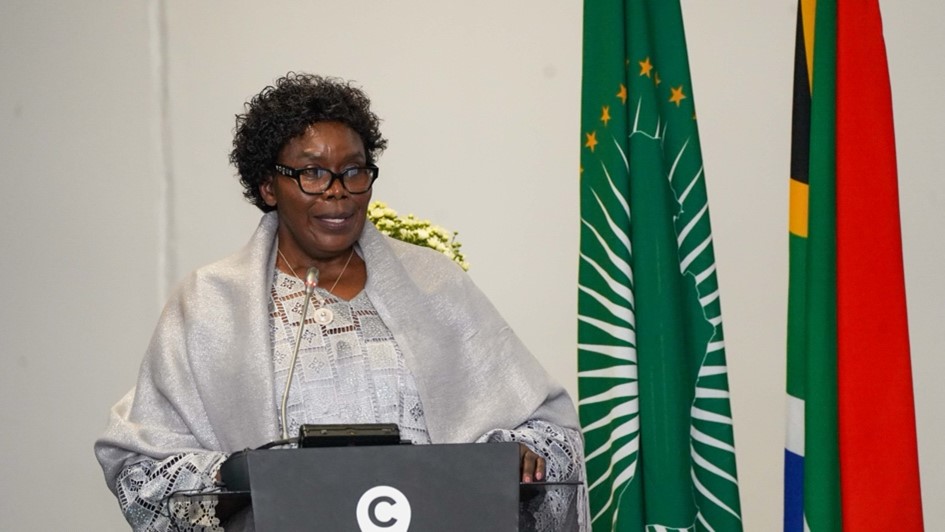
Concluding the retreat, Ambassador Otengo highlighted the inextricable link between governance, peace, and security, and urged for increased youth engagement, collaborative efforts, and resource mobilisation in an increasingly complex global environment.
Together, these messages underscored a shared vision: a well-governed, peaceful, and resilient Africa committed to a future of stability, equity, and sustainable development. The 4th Annual Joint Retreat closed with renewed resolve to strengthen governance systems, improve conflict prevention, and promote unity of purpose among African institutions and citizens.

